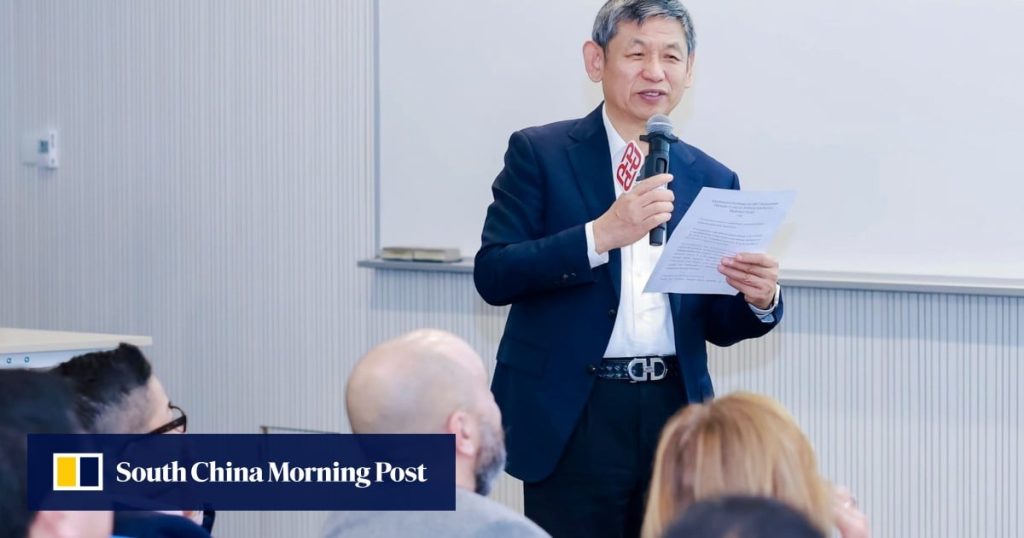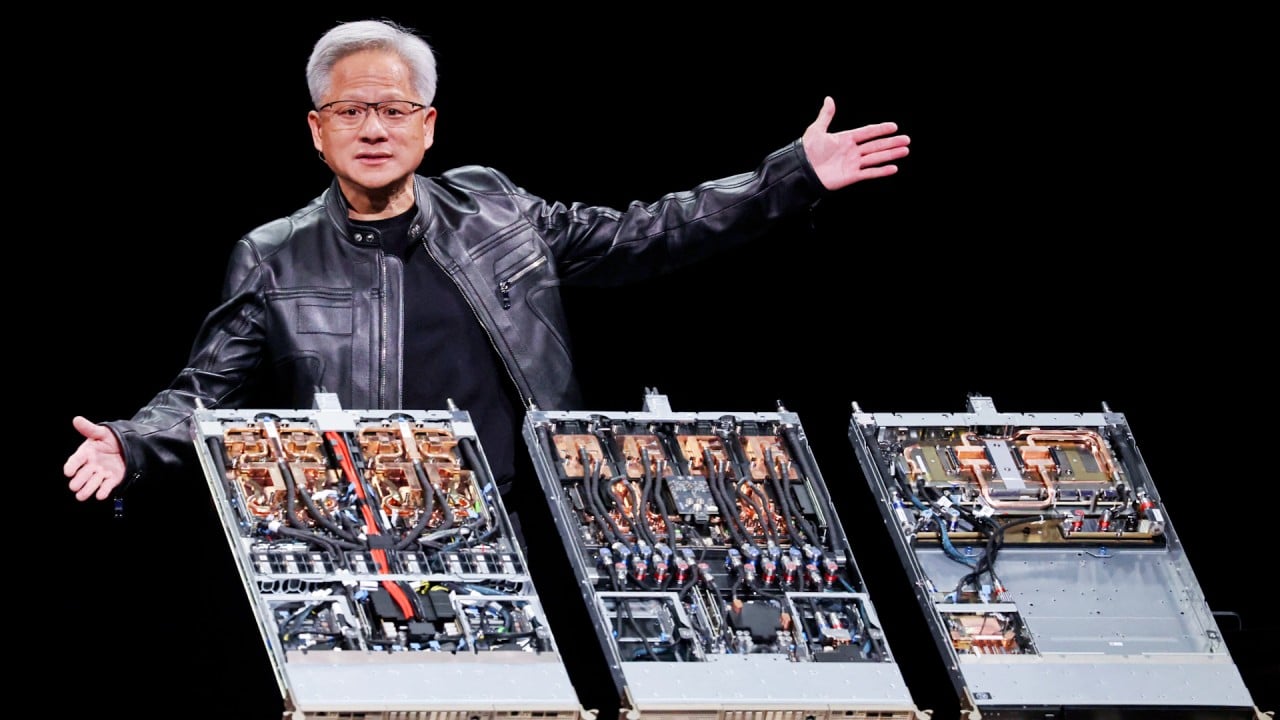Professor Zhang Chengqi, a distinguished professor of AI and former deputy vice-chancellor of the University of Technology Sydney, has taken up the position of chair professor of artificial intelligence at Hong Kong Polytechnic University (PolyU) and director of its Shenzhen Research Institute, according to the university’s website.
Zhang, whose research interests focus on distributed AI and data mining, has published more than 350 academic papers, including several in top international journals and meetings, such as Artificial Intelligence, IEEE and ACM Transactions.
According to Google Scholar statistics this month, he has a citation count approaching 40,000 – including one paper cited more than 12,000 times.
Zhang was born in 1957 in Linyi, Shandong province in eastern China. In an interview with the Chinese consulate in Melbourne in 2015, he said that in his youth, although he was intelligent, he was denied the chance to attend university and instead had to hand the opportunity to peers less capable than himself.
“I was born into rural roots. In that era of ‘mass homecoming’, not only was I restricted from university admission, but compelled to cast votes that sent others to college instead. Yet I harboured no bitterness. While I couldn’t dictate fairness or rewrite the rules, I resolved to rewrite myself – through ceaseless self-reinvention and determined transcendence of my former limits,” he said.
Mass homecoming refers to large-scale migration driven by historical policies, notably China’s “Down to the Countryside” campaign from the 1950s to 1970s, when urban youths were sent to rural areas and later allowed to return home, creating waves of societal realignment and restricted opportunities.
In 1978, at the age of 21, Zhang finally took the college entrance examination and was admitted to Fudan University in Shanghai. Although transitioning from a poor rural area in Shandong to computer science studies in Shanghai was initially challenging, he said he worked hard to overcome the difficulties.



